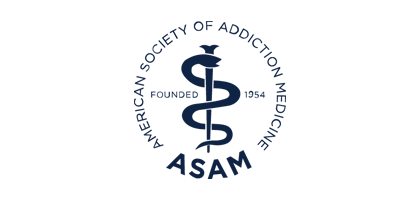News
Addressing Alcohol Withdrawal during the COVID-19 Pandemic
Shelter-in-place orders and social distancing measures that have been in place for several weeks can create a stressful and isolating environment for people with addiction, that can exacerbate substance use disorder. There is evidence that alcohol consumption has increased significantly during this crisis which raises concerns about alcohol use disorders and alcohol withdrawal.
“People will typically find having unscheduled time to be something that is a trigger for them,” said Margaret Jarvis, MD, DFASAM, chief of addiction medicine for the Geisinger Health System and member of the ASAM Board. “I don’t know how many people I’ve met who have substance use disorders who describe boredom as being a major trigger for craving and use. You can imagine for most people these days their lives are alternating between anxiety and boredom. It’s a bad thing.”
Dr. Jarvis said alcohol withdrawal provides different challenges, when compared to something like heroin, because its withdrawal syndrome is more dangerous.
“It carries a mortality rate with it so some people who go through alcohol withdrawal will die just from the withdrawal,” she said. “We’re in a moment where people may be drinking more heavily than they had been because of the stresses.”
Most states have deliberately left liquor stores open so people who are dependent on alcohol still have access to it. The goal is to prevent people from going through withdrawal and winding up in the emergency department as COVID-19 continues to spread. Some states allow liquor stores to have drive-up pick-ups to help promote social distancing while keeping people out of the emergency department.
Then there’s the stigmatization that goes with alcohol use disorder. Dr. Jarvis said under the best of circumstances, emergency department personnel can sometimes be dismissive. During a pandemic, however, they can be even more so as their own stress and anxiety has increased caring for COVID-19 patients.
“Some of that is just stigma. When you’re frazzled and your perception of the person in front of you is that they are causing their illness, that you don’t really need to pay attention to them.,” she said. “If you do not understand that addiction is a chronic brain disease, it’s very easy to dismiss them and not take good care of them.”
It’s important to check in with patients with alcohol use disorder, and those in treatment for alcohol withdrawal while shelter-in-place restrictions are in place, Dr. Jarvis said. And although emergency department personnel are likely busy during their COVID response, a follow-up call from someone at the hospital could go a long way with a patient trying to manage their alcohol withdrawal, after they’ve been seen.
“It doesn’t have to be the emergency room doctor herself,” Dr. Jarvis said. “It can be a care manager, a case worker, somebody like that who calls after the emergency room visit to say, ‘How are you? What else can we do to help you?’”
Download the Alcohol Withdrawal Management Guideline >>>

